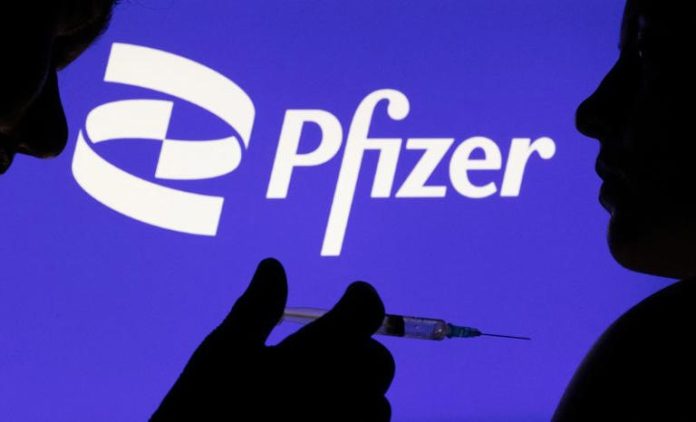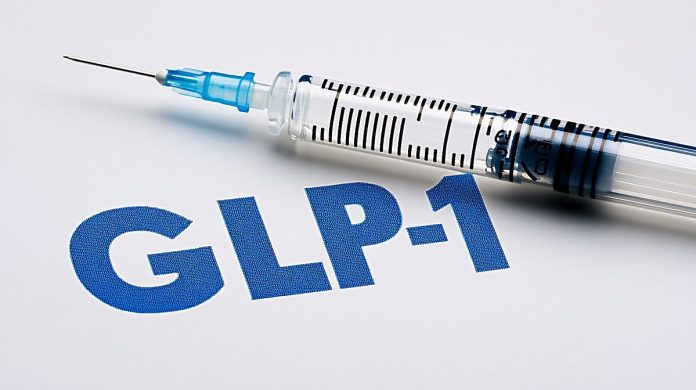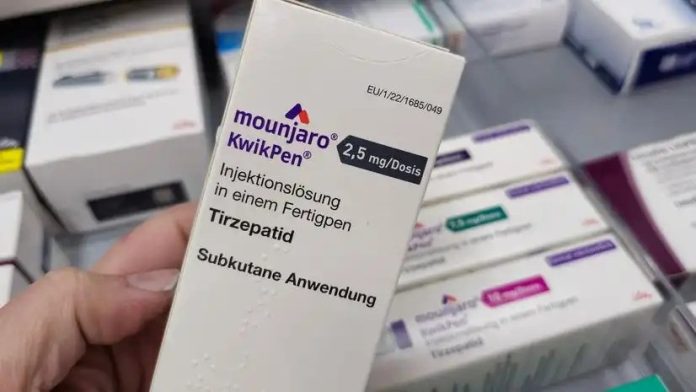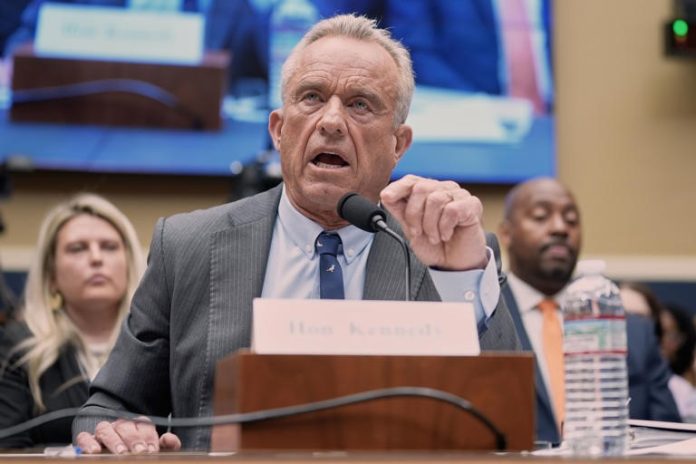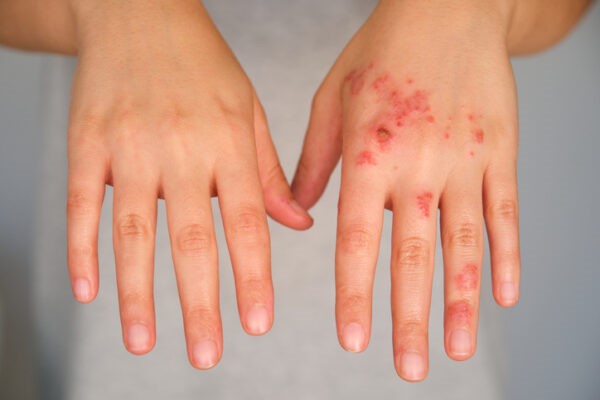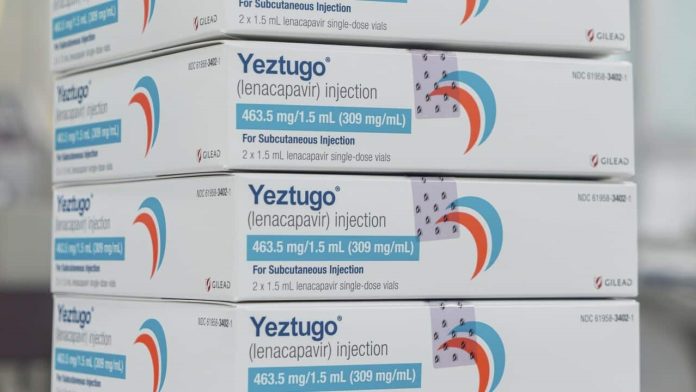Pfizer’s bleeding disorder therapy succeeds in trial with patients with certain antibodies
Pfizer’s hemophilia therapy, Hympavzi, met the main goal of a late-stage study in patients with certain types of antibodies, the U.S. drugmaker said on Thursday.
The data comes months after the company decided to stop global development and sale of its hemophilia gene therapy, Beqvez, citing soft demand from patients and their doctors.
Hympavzi is a weekly injection and is approved for patients with hemophilia A without factor VIII antibodies or inhibitors, or hemophilia B without factor IX inhibitors.
In the trial, 48 patients treated with Hympavzi saw a 93% reduction in annualized bleeding rate over a year. It also met all secondary goals, including showing a benefit in spontaneous bleeds and joint bleeds.
The company’s statement did not disclose the total number of patients involved in the trial.
People with hemophilia have a defect in a gene that regulates the production of proteins called clotting factors, causing spontaneous and severe bleeding following injuries or surgery.
Pfizer said patients with inhibitors require treatments that are less burdensome.
The hemophilia market has been dominated by factor replacement therapies for decades.
Around 20% of people with hemophilia A and 3% of people with hemophilia B are unable to continue factor replacement therapies as they develop antibodies and the therapies fail to prevent or stop bleeding episodes, Pfizer said.
Other treatments include Sanofi’s bimonthly gene therapy Qfitlia for people with or without inhibitors, Novo Nordisk’s daily Alhemo, and gene therapies such as CSL’s Hemgenix and BioMarin Pharmaceutical’s Roctavia.

